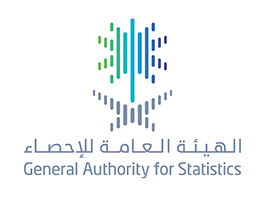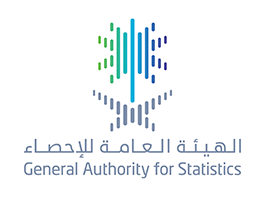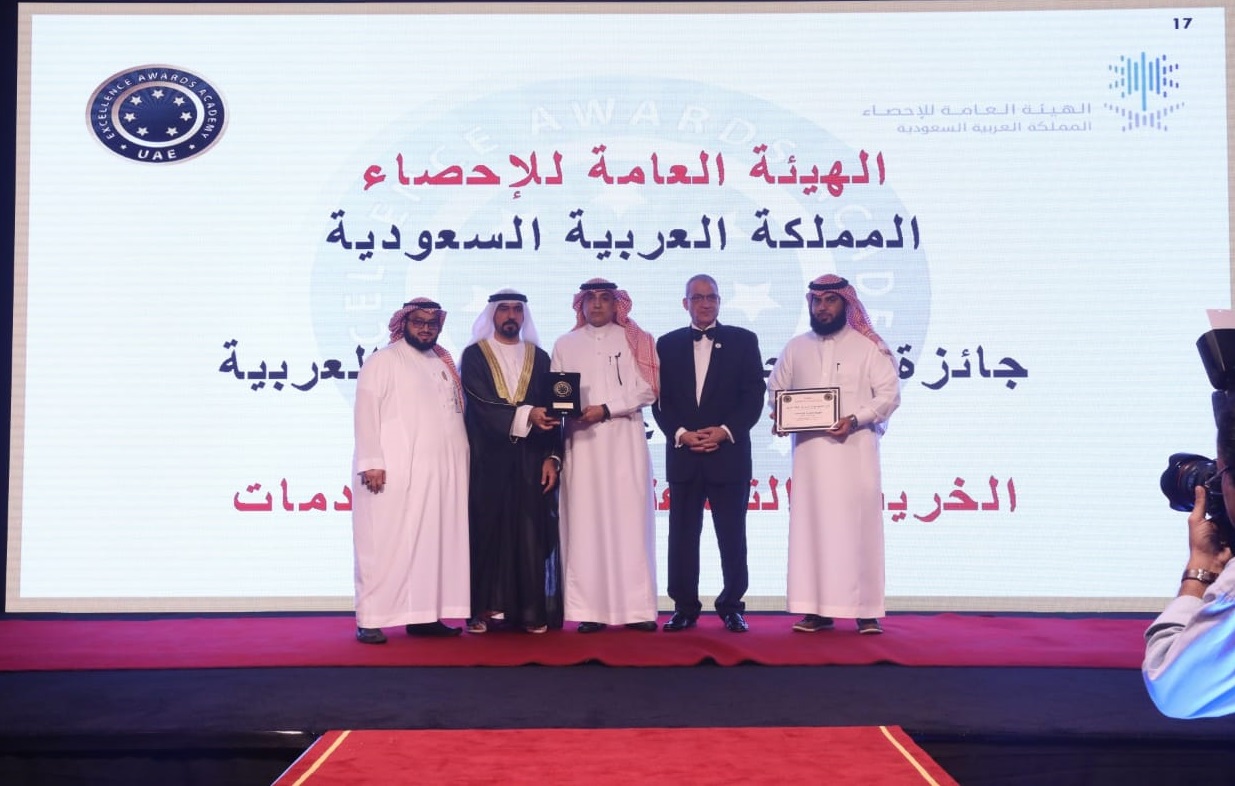Official government website of the Government of the Kingdom of Saudi Arabia
Links to official Saudi websites end withgov.sa
All links to official websites of government agencies in the Kingdom ofSaudi Arabia end with .gov.sa
Government websites use theHTTPSprotocol for encryption and security.
Secure websites in the Kingdom of Saudi Arabia use the HTTPS protocolfor encryption.
Saudi Arabia was pleased to serve 54 million pilgrims during the last 25 years
09-08-2018

GASTAT Releases the Results of the Household Health Survey 2017
30-07-2018
The General Authority for Statistics (GASTAT) Released the Real Estate Price Index, Q2, 2018
30-07-2018

The Task Teams of the (Coordination Committee of the General Authority for Statistics) discuss ways of exchanging data between government entities
16-07-2018

GASTAT: Saudis economic participation rate increased, total population unemployment rate is (6.1%), and Saudis unemployment rate is (12.9%)
05-07-2018

The General Authority for Statistics is conducting 5 field statistical works next week
04-07-2018

GASTAT releases the labour market bulletin (first quarter, 2018) next Thursday in a press conference
03-07-2018

GaStat Wins the Arab Government Achievements Award (2018) for the “Interactive map of the Services Guide”
27-06-2018

Saudi Arabia Participates in the International Conference “Big Data for European Statistics” in Bulgaria
05-06-2018
Saudi Arabia was pleased to serve 54 million pilgrims during the last 25 years
09-08-2018

GASTAT Releases the Results of the Household Health Survey 2017
30-07-2018
The General Authority for Statistics (GASTAT) Released the Real Estate Price Index, Q2, 2018
30-07-2018

The Task Teams of the (Coordination Committee of the General Authority for Statistics) discuss ways of exchanging data between government entities
16-07-2018

GASTAT: Saudis economic participation rate increased, total population unemployment rate is (6.1%), and Saudis unemployment rate is (12.9%)
05-07-2018

The General Authority for Statistics is conducting 5 field statistical works next week
04-07-2018

GASTAT releases the labour market bulletin (first quarter, 2018) next Thursday in a press conference
03-07-2018

GaStat Wins the Arab Government Achievements Award (2018) for the “Interactive map of the Services Guide”
27-06-2018

Saudi Arabia Participates in the International Conference “Big Data for European Statistics” in Bulgaria
05-06-2018